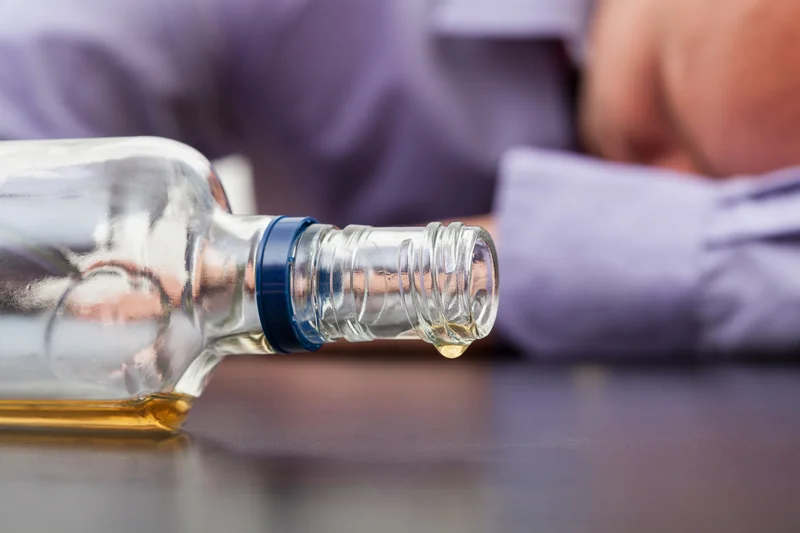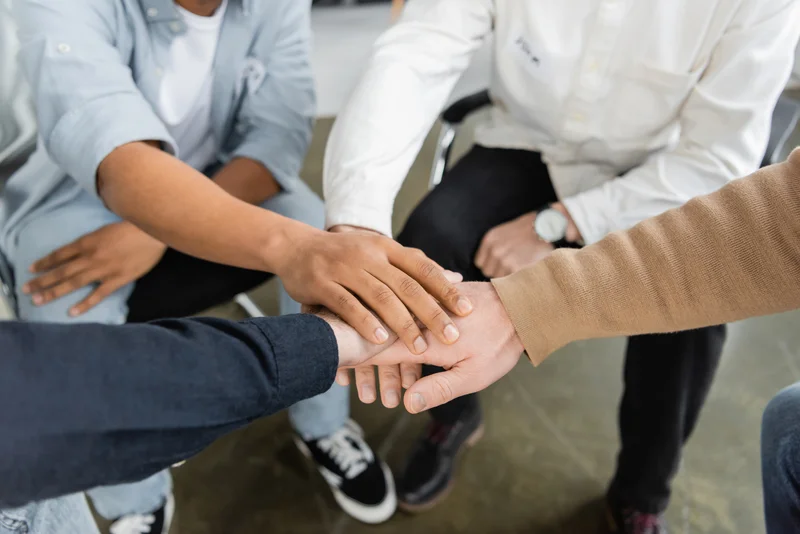
As part of their all-or-nothing thinking, they assume that change means they must change everything in their lives. It helps them to know that there is usually only a small percent of their lives that needs to be changed. It can also be assuring to know that most people have the same problems and need to make similar changes. They think it is almost embarrassing to talk about the basics of recovery. They are embarrassed to mention that they still have occasional cravings or that they are no longer sure if they had an addiction. 1) Clients often want to put their addiction behind them and relapse triggers list forget that they ever had an addiction.
Reach out now and join our supportive

Choosing to get help is a big step, and we’re here to support you every step of the way. Our program is designed to help you overcome your struggles with technology and provide you with a chance for real personal growth. Talk to a sponsor, counsellor, or supportive friend about it — they will help remind you why you chose a life in recovery. If you find yourself reminiscing about times when you used to drink or use in a way that overlooks the pain and suffering your addiction caused, this is a major red flag.
The Importance of Dual Diagnosis Treatment in Recovery

One helpful method is engaging in visualizations, such as imagining thoughts as “leaves on a stream,” which promotes non-reactive observation of cravings. Identifying the difference between internal and external triggers is crucial in the recovery process. Internal triggers are often harder to manage because they relate directly to emotional experiences. Yes, several FDA-approved medications significantly reduce cravings and blunt trigger responses for specific substances.

Why is it important to identify triggers in addiction recovery?
- Some people have to deal with friends or family members who don’t understand that “just one” or “just for tonight” are damaging and enabling statements that can trigger a relapse.
- It’s important to work on forgiving yourself and others, as letting go of resentment allows you to focus on healing and moving forward.
Relapse triggers are far more extreme for recovering addicts in the early recovery months https://ecosoberhouse.com/ of addiction treatment. As soon as things start getting hard, it’s tempting to turn back to addiction. Instead, learn how to practice relaxation, and how to be relaxed in any and every situation. For many people, drug and alcohol use began as a way to alleviate boredom or make certain activities feel more fun. Those in recovery often have a hard time finding new ways to have fun, and it may cause them to glamorize or ruminate on their past substance abuse. Recovery is hard work and drug use feels easy, and this can make people feel like their efforts haven’t been worth it.
- Any number of sights, sounds, and smells could take you back to a time or place where you used drugs or alcohol.
- The Marquette researchers stated a stressed animal previously exposed to cocaine will crave the drug because the dopamine surge from cocaine trumps the release of stress-related dopamine.
- Because emotional relapse doesn’t involve cravings or the physical act of using substances, it can be harder for the individual or others to recognize the warning signs.
- Work with treatment providers to understand precisely which triggers contributed to the slip and how your prevention plan needs strengthening.
- Getting a new job or earning a promotion can trigger a relapse in a couple of different ways.
Part of relapse prevention involves rehearsing these situations and developing healthy exit strategies. The transition between emotional and mental relapse is not arbitrary, but the natural consequence of prolonged, poor self-care. When individuals exhibit poor self-care and live in emotional relapse long enough, eventually they start to feel uncomfortable in their own skin. Mindfulness helps individuals remain present in the moment regarding thoughts, feelings, or cravings. By tuning in, one can identify a trigger as it arises and respond immediately by practising deep breathing or grounding techniques.
- Part of the recovery process includes talking about relapse, and learning healthier ways to cope with triggers that can lead to it.
- When we encounter a trigger, it activates a chain of thoughts and beliefs that lead to emotional and behavioral responses.
- Some people fall off the wagon several times before getting sober for the last time.
- Take a moment to learn more about emotions and feelings in our post, 8 Core Emotions – Can You Express Them?
- Specialized programs help individuals recognize their triggers and build strategies to cope effectively.
What Are Environmental Factors That Inspire Addiction?
Addicts must lie about getting their drug, hiding the drug, denying the consequences, and planning their next relapse. Clinical experience shows that when clients feel they cannot be completely honest, it is a sign of emotional relapse. It is often said that recovering individuals are as sick as their secrets.
How Ambulatory Detox Supports a Transition to Long-Term Recovery Care
Understanding the different types of relapse—physical, mental, emotional, and social—can help individuals in recovery take proactive steps to avoid setbacks. Relapse is a common part of the recovery journey, but it doesn’t have to define an individual’s path. By recognizing the early signs of relapse and employing preventive strategies, individuals can stay committed to their recovery and build resilience for the long term.
Distinguishing Internal and External Triggers

When you’re reminded of your addiction, it’s important to have effective ways of handling your feelings. For instance, if you’re an alcoholic and a group of drinking buddies ask Sobriety you to go out, or you see people from work going to happy hour, it might help to have a specific response ready. The danger of physical relapse lies in its ability to undo progress made during recovery. It often brings with it feelings of guilt, shame, and hopelessness, which can make it difficult for the person to stop once they have relapsed. The brain, having been conditioned to crave the substance or behavior, can quickly fall back into dependence, making it harder to regain control.
Addiction Triggers: Physical Symptoms

Even some family members could be a trigger, especially if they make you feel more childlike and vulnerable. Many people who struggle with addiction turn to their substance or activity of choice as a maladaptive way of coping. Remember, managing triggers is not about eliminating them entirely—that’s often not possible or even desirable.
